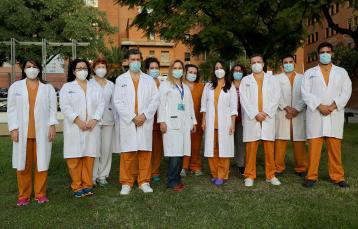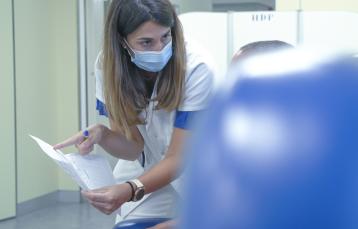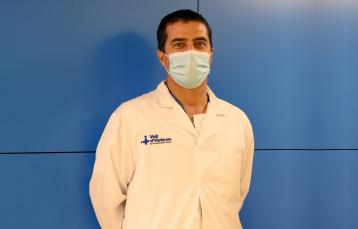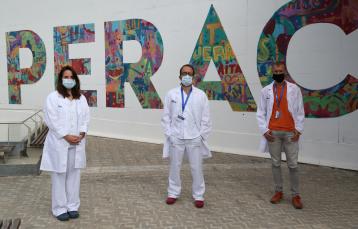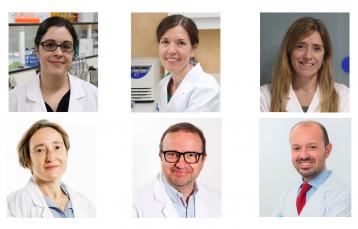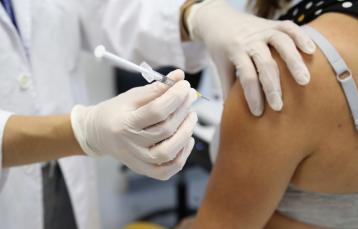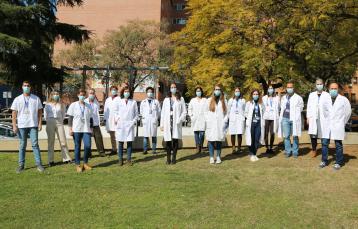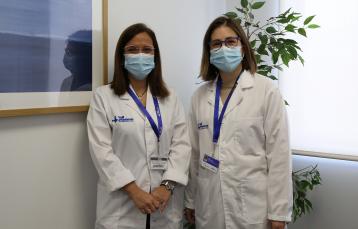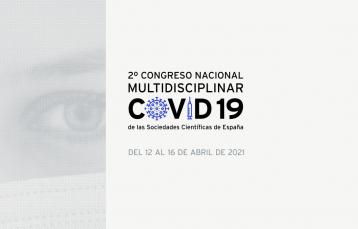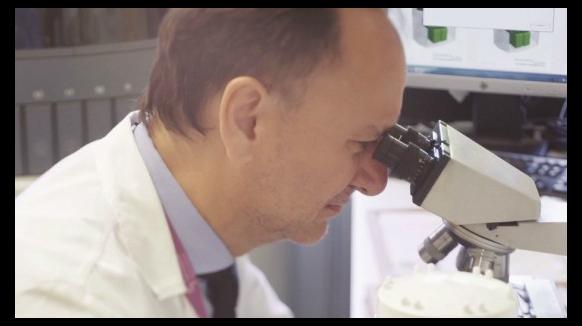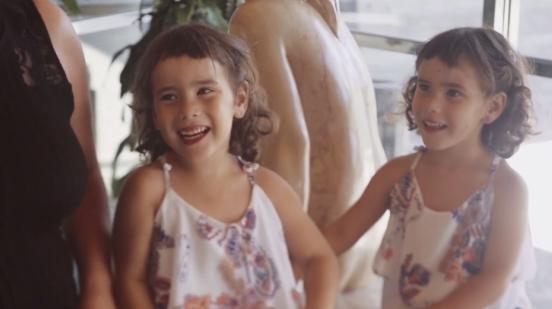New study shows that COVID-19 can damage the placenta of pregnant women
Comparteix aquest contingut
Related professionals
Dra. Marta
Garrido Pontnou
Garrido Pontnou
Dra. Marta
Garrido Pontnou
Garrido Pontnou
Dra. Jessica
Camacho Soriano
Camacho Soriano
Dra. Jessica
Camacho Soriano
Camacho Soriano
Dra. Alexandra
Navarro Jiménez
Navarro Jiménez
Dra. Anna
Suy Franch
Suy Franch
Dra. Anna
Suy Franch
Suy Franch
Dra. M. Elena
Carreras Moratonas
Carreras Moratonas
Dra. M. Elena
Carreras Moratonas
Carreras Moratonas
Dr. Julio
Herrero García
Herrero García
Dr. Julio
Herrero García
Herrero García
Dra. Inés Mª
de Torres Ramírez
de Torres Ramírez
Dra. Inés Mª
de Torres Ramírez
de Torres Ramírez
Dra. Silvia
Arévalo Martínez
Arévalo Martínez
Dra. Silvia
Arévalo Martínez
Arévalo Martínez
Dr. Francesc
Baro Marine
Baro Marine
Dra. Inés Zulema
Calero Fernández
Calero Fernández
Dra. Inés Zulema
Calero Fernández
Calero Fernández
Dra. Berta
Serrano Sanchez
Serrano Sanchez
Dra. Berta
Serrano Sanchez
Serrano Sanchez
Dra. María Teresa
Avilés García
Avilés García
Dra. María Teresa
Avilés García
Avilés García
Dra. Stefania
Landolfi
Landolfi
Dra. Stefania
Landolfi
Landolfi
Researcher
Dra. Erika
Bonacina
Bonacina
Dr. Jordi
Temprana Salvador
Temprana Salvador
Dr. Jordi
Temprana Salvador
Temprana Salvador
Dr. Manuel
Casellas Caro
Casellas Caro
Dr. Manuel
Casellas Caro
Casellas Caro
Lead Researcher
Obstetrics, Paediatrics and Genetics, Maternal and Foetal Medicine
Obstetrics
Dr. Vicente
Peg Cámara
Peg Cámara
Dr. Vicente
Peg Cámara
Peg Cámara
News and events











